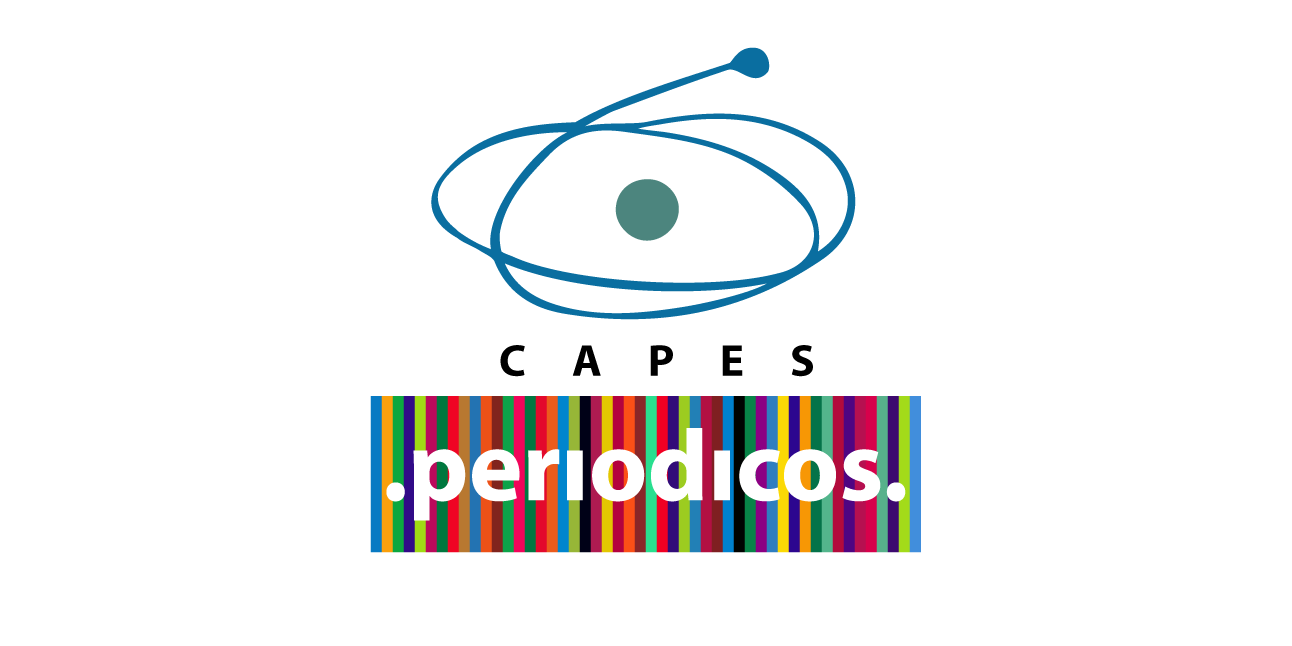Gestação na adolescência: a importância da nutrição
Palavras-chave:
nutrição, adolescência, gravidezResumo
A taxa de fecundidade entre adolescentes cresce anualmente, sendo que o Brasil apresenta taxas acima da média mundial, que é de 50 nascimentos por mil mulheres. Pesquisas apontam que 14% das mulheres com idade entre 15 e 19 anos têm pelo menos um filho, a maioria delas, adolescentes da classe econômica baixa. A gravidez na adolescência tem sido associada ao risco de baixo peso ao nascer, parto pré-termo e mortalidade infantil, sendo a nutrição um fator diretamente ligado a este risco. Durante a gestação há incremento das necessidades nutricionais, pelo aumento nos requerimentos de energia e nutrientes necessários ao desenvolvimento do feto, à formação das estruturas e à constituição dos depósitos utilizados durante o parto e lactação. Na gestante adolescente este aumento nas necessidades nutricionais é maior porque nela se somam as demandas do crescimento da mãe com as do desenvolvimento do feto, supondo uma competição de nutrientes entre ambos, o que pode levar ao nascimento de crianças com baixo peso. Com o aumento do número de adolescentes grávidas, é necessária a sua educação nutricional, com vista a auxiliar na formação de hábitos alimentares saudáveis para maior crescimento e ganho de peso fetal. Estudos demonstram que a alimentação dessas adolescentes grávidas é insuficiente para alcançar a quantidade de micronutrientes e de energia necessária para o desenvolvimento do feto pela preferência pelo consumo de alimentos de origem animal, gordurosos e doces, caracterizando uma alimentação monótona e desfavorável à saúde. Esta revisão bibliográfica tem na leitura de artigos científicos extraídos de bibliotecas virtuais.Downloads
Publicado
2007-07-23
Como Citar
Gasparini, A. V., & Gasparin, F. V. (2007). Gestação na adolescência: a importância da nutrição. Iniciação Científica Cesumar, 8(Especial), 11–15. Recuperado de https://periodicos.unicesumar.edu.br/index.php/iccesumar/article/view/131
Edição
Seção
Artigos Originais
Licença
A Revista se reserva o direito de efetuar, nos originais, alterações de ordem normativa, ortográfica e gramatical, com o intuito de manter o padrão culto da língua, respeitando, porém, o estilo dos autores. As opiniões emitidas pelos autores são de sua exclusiva responsabilidade.Juntamente com o e-mail de aceite (para casos de aprovação) será encaminhado modelo da Carta de Direitos Autorais que deverá conter o nome completo dos autores, bem como dados de documentos pessoais e assinada por todos os autores e coautores envolvidos no trabalho.
Autores mantém os direitos autorais e concedem à revista o direito de primeira publicação, com o trabalho simultaneamente licenciado sob a Licença Creative Commons Attribution CC-BY-NC que permite o compartilhamento do trabalho com reconhecimento da autoria e publicação inicial nesta revista.






